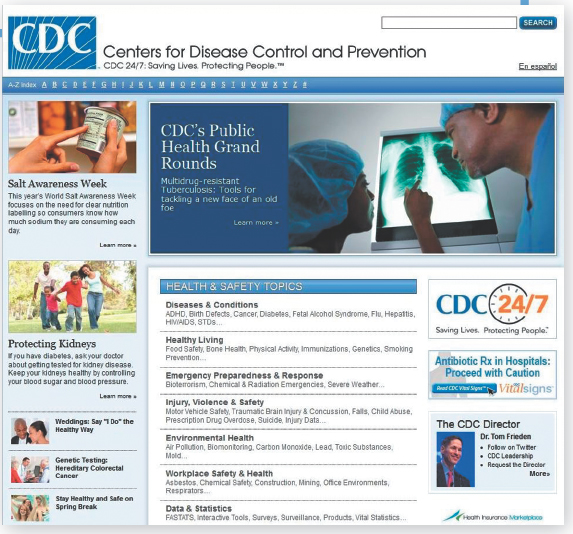Tech Tip: Research Wisely
TECH TIP



RESEARCH WISELY
Don’t assume that information you find on the Internet is accurate or unbiased. Thanks to the First Amendment, people can publish whatever they want online. It’s up to you to filter out what’s valuable, objective, and up-to-date.
THE PROBLEM
You’re not sure how to evaluate the types of information you find on the Web.
THE FIX
Get some context.
HOW TO DO IT

- Portals. These one-stop shops serve up a full range of cyberservices. Expect to find search engines, weather and news updates, stock quotes, reference tools, and even movie reviews. (Bonus: Most services are free.) Examples: Google.com and Yahoo.com.
- News. Sites that offer news, politics, business trends, sports, entertainment, analysis of current events, and so on are often sponsored by magazines, newspapers, and radio stations. News sites include extras—for example, charts, slideshows, original documents—beyond what you might find in the print versions. Examples: NYTimes.com, Harvard Business Review (www.hbr.org), and CNN.com.
- Corporate and marketing. Some company Web sites let you order their products or services online; others even list job openings. Examples: Ford.com and BenJerry.com.
- Informational. Fact-based sites, often created by government agencies, contain information on everything from city bus schedules to information on health and safety. Examples: NYCsubway.org, Travel.State.gov, and the U.S. Centers for Disease Control site (www.cdc.gov).
- Blogs. Web logs (blogs) are informal Web sites through which people can air their views and opinions on an occasional or regular basis. Some businesses create blogs to connect with their customers; other blogs are strictly personal, designed to share with family and friends. Examples: Gawker.com, Tumblr.com, and The Lawsons Spill Their Guts (http:/
/thelawsonspilltheirguts.blogspot.com/ ). - Wikis. These are informational Web sites that allow for open editing by registered users or, in some cases, by the general public. Examples: Wikipedia.com and TechCrunch.com.
Keep in mind that there’s a big difference between the Journal of the American Medical Association and a journal written by “Fred” from Pomona. And, no, you can’t use an ad for Shake Weight as a source for a fitness article: It’s an ad. Be careful, and use your critical thinking skills. To make sure that the research you use is unbiased and current, look for tip-offs. Most reputable Web sites are easy to navigate, contain little advertising, and list authors’ names and credentials.